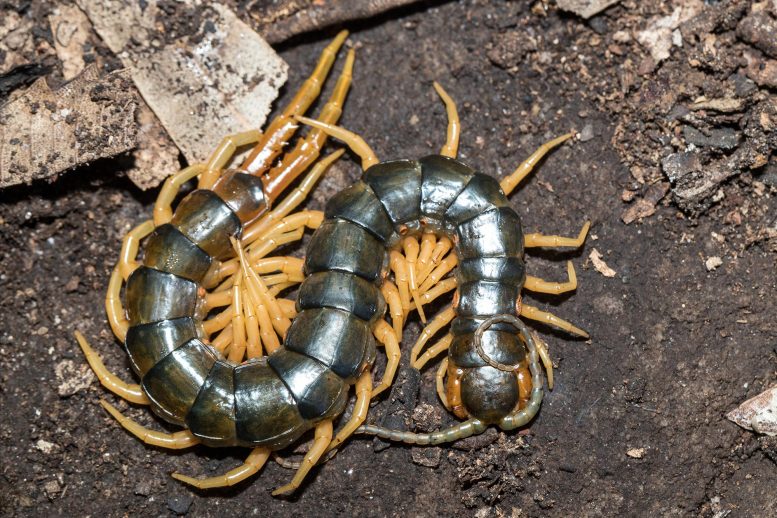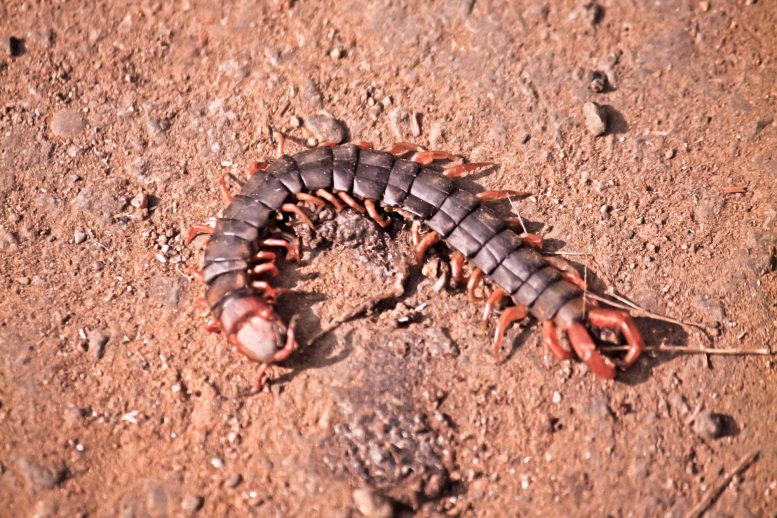
Although a venomous, 8-inch centipede might seem like a creature from a horror story, it could hold the key to treating kidney disease. A study published in the Journal of Natural Products reveals that this centipede, traditionally used in Chinese medicine, contains alkaloids that can reduce inflammation and renal fibrosis, major contributors to kidney disease. The American Chemical Society and the American Society of Pharmacognosy jointly published this journal.
Traditional Medicine Meets Modern Science
Traditional Chinese medicine utilizes approximately 1,500 animal species, yet the specifics of many of their secondary metabolites remain largely unexplored. These metabolites typically serve unique roles like immobilizing prey. The few compounds that have been studied, such as toad venom for cancer treatment, have yielded significant drug development leads. Inspired by these successes, Yong-Xian Cheng and his colleagues analyzed the secondary metabolites of the Chinese red-headed centipede (Scolopendra subspinipes mutilans), a species used for centuries in treating various ailments, including epilepsy and cardiovascular disease.

Discovery of Beneficial Alkaloids
In their study, the researchers mixed a sample of dried centipede powder with ethanol to extract numerous compounds from the animals and then separated and identified the constituents with techniques such as chromatography and spectrometry. They discovered 12 new quinoline and isoquinoline alkaloids, some with unusual molecular structures, and several other alkaloids that had previously been detected in this species or in plants. In cell cultures, some of the alkaloids showed anti-inflammatory behavior, while a portion also reduced renal fibrosis. This buildup of connective tissue is associated with chronic kidney disease and is stimulated by inflammation. The researchers also identified a protein that plays a role in renal fibrosis and that was targeted by the most effective dual-function alkaloid. This information could provide a lead for developing treatments for kidney disease, according to the researchers.
Reference: “Structurally Diverse Alkaloids with Anti-Renal-Fibrosis Activity from the Centipede Scolopendra subspinipes mutilans” by Bin-Yuan Hu, Wu-Mei Sun, Cheng-Tian Tao, Sheng-Hong Li, Qiang Gao, Yong-Ming Yan and Yong-Xian Cheng, 11 April 2024, Journal of Natural Products.
DOI: 10.1021/acs.jnatprod.4c00044
The authors acknowledge funding from the Shenzhen Science and Technology Program.